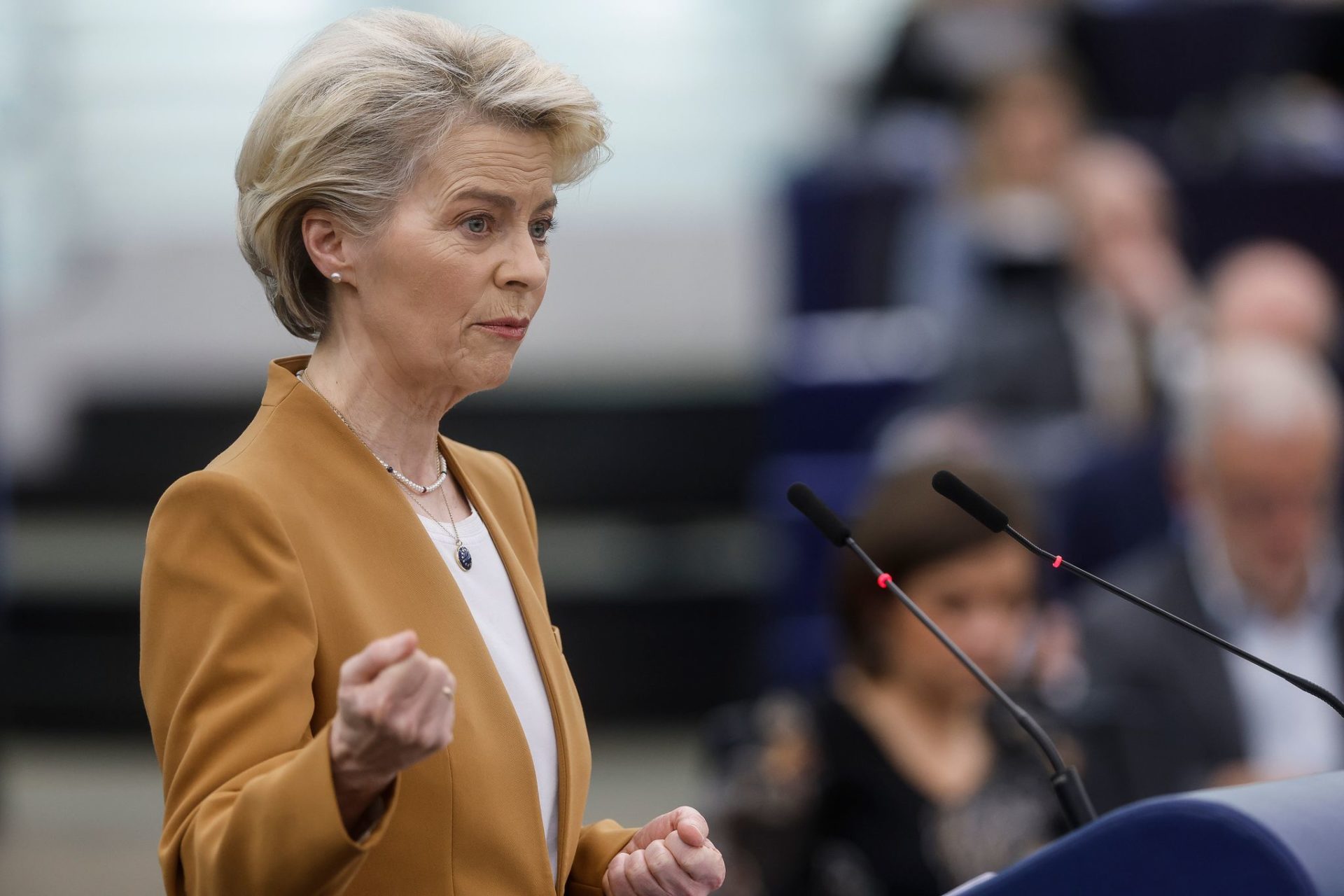
Pneumonia Sidelines European Commission President Von Der Leyen: A Closer Examination of the Complexities
On July 11, 2023, Ursula von der Leyen, the current President of the European Commission, was hospitalized for pneumonia. Pneumonia, a lung infection caused by bacteria, viruses, or fungi, is a serious medical condition that can lead to complications and even death. Von der Leyen's illness has raised concerns about her ability to continue in her role and has highlighted the complexities surrounding pneumonia in the modern world.
Understanding Pneumonia: A Global Health Challenge
Pneumonia is a leading cause of morbidity and mortality worldwide, particularly among the elderly, young children, and individuals with weakened immune systems. According to the World Health Organization (WHO), pneumonia accounts for an estimated 1.5 million deaths annually. In Europe, around 3 million cases of pneumonia are reported each year, with a mortality rate of approximately 10%.
Pneumonia is caused by a variety of infectious agents, including Streptococcus pneumoniae, Haemophilus influenzae, and respiratory syncytial virus (RSV). The infection typically begins in the air sacs of the lungs (alveoli), causing inflammation and fluid accumulation. Symptoms of pneumonia can include fever, cough, shortness of breath, chest pain, and fatigue.
Von Der Leyen's Pneumonia: Raising Awareness
Von der Leyen's diagnosis of pneumonia has brought the issue of this serious infection to the forefront of public discourse. Her illness has sparked discussions about the importance of vaccination, early detection, and proper treatment for pneumonia.
Pneumonia vaccines are effective in preventing infection against certain strains of bacteria, including S. pneumoniae and H. influenzae. These vaccines are recommended for high-risk groups, such as the elderly, young children, and individuals with chronic health conditions. Early detection and treatment of pneumonia is crucial to prevent complications and improve patient outcomes.
Complexities of Leadership: Balancing Health and Public Duty
Von der Leyen's illness has also highlighted the complexities of balancing health with public duty for high-profile leaders. As the head of the European Commission, she has a wide range of responsibilities that require her attention and leadership.
Political leaders often face intense pressure to continue their work, even when facing health challenges. However, it is important for leaders to prioritize their well-being and take necessary time off to recover and regain their health. Finding a balance between public duty and personal health is an ongoing challenge for leaders in all sectors.
Preventive Measures and Future Implications
Von der Leyen's pneumonia diagnosis is a reminder of the importance of preventive measures and the ongoing challenges associated with pneumonia. Vaccination, early detection, and proper treatment remain crucial for reducing the burden of this infection.
Advances in medical research and technology offer hope for the future of pneumonia management. New vaccines and treatments are being developed to improve prevention and treatment strategies. Continued research and collaboration among healthcare professionals and policymakers are essential to make progress in the fight against pneumonia.
Conclusion
Pneumonia is a serious medical condition that poses significant health challenges worldwide. The recent illness of European Commission President Ursula von der Leyen has brought the complexities of pneumonia to the forefront, highlighting the importance of vaccination, early detection, and proper treatment.
Balancing health and public duty is an ongoing challenge for leaders in all sectors. Leaders must prioritize their well-being while continuing to fulfill their responsibilities effectively. Advances in medical research and technology offer hope for the future of pneumonia management, but continued efforts are needed to reduce the burden of this infection.